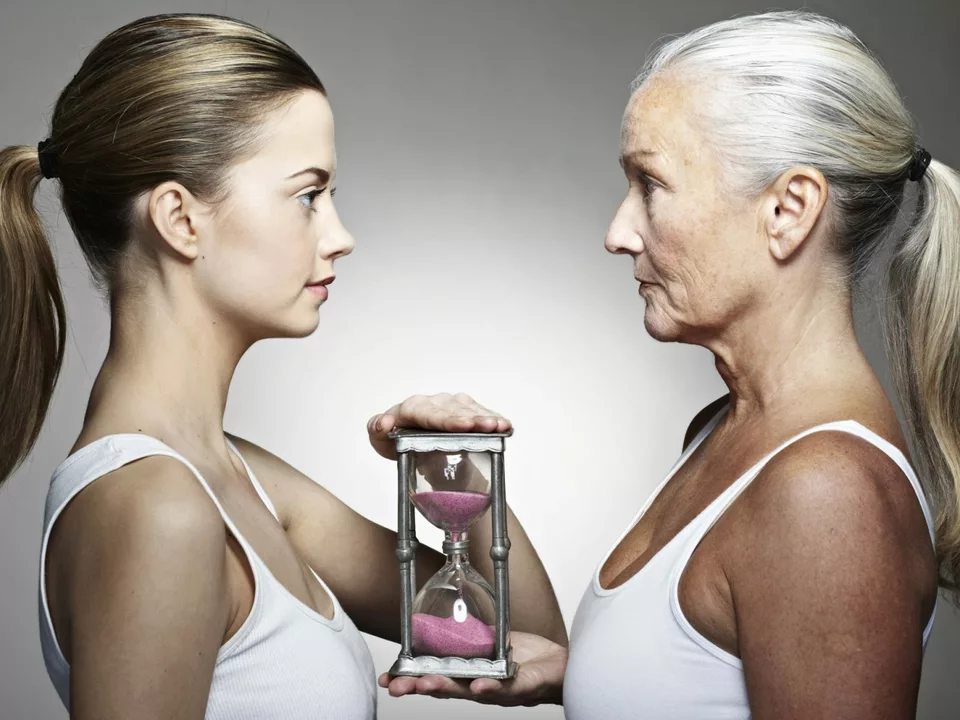Senior care: practical health, medication, and safety tips
Older adults often juggle several meds, changing health needs, and daily safety challenges. A few clear, practical habits cut risks and make life easier for seniors and caregivers. Below are straightforward steps you can start using today.
Medication and pharmacy tips
Keep a single, up-to-date medication list with drug names, doses, and why each one is taken. Bring that list to every appointment and pharmacy visit. Use a weekly pill organizer and set phone alarms for doses. If memory is a concern, pair the organizer with a simple tracker app or a daily check sheet.
Review prescriptions every 3–6 months with a pharmacist or doctor to check for duplication, interactions, or drugs that can be stopped. Watch for meds that commonly cause dizziness, dry mouth, or balance problems—these raise fall risk. If a drug isn’t working or causes trouble, ask about alternatives. Our article on medication combinations and alternatives can help you prepare questions for your clinician.
Buying meds online? Read reviews and look for clear red flags: the site must require a valid prescription, show a physical address and phone number, use secure payment, and display pharmacy credentials. We review a few online pharmacies and discount apps on the site—use those pieces to compare real features like shipping, prices, and prescription checks. Avoid deals that look too good to be true.
Daily care, chronic disease, and safety
For chronic conditions like diabetes or heart disease, small routines matter. Check blood sugar and blood pressure as advised, keep follow-up visits, and stick to the treatment plan. Simple moves—walking 20–30 minutes most days, protein at each meal, and 1–2 strength sessions weekly—help mobility and independence.
Preventing falls starts at home: remove loose rugs, add grab bars in bathrooms, improve lighting, and keep frequently used items within easy reach. Footwear should be sturdy with non-slip soles. Consider a medical alert device if living alone or if falls are a concern.
Eyes and hearing change with age. If vision suddenly blurs or you notice eye pain, seek care right away—reduced blood flow can damage sight. If a medication causes dry eyes or lens discomfort, talk to the prescriber about alternatives or eye drops; we cover eye-related drug issues in separate posts.
Caregivers: simplify communication. Keep a binder with medical records, a medication list, emergency contacts, and advance directives. Schedule short check-ins instead of marathon updates. Small meal prep, an easy exercise plan, and regular sleep routines reduce daily stress for everyone.
Want deeper reading? Browse our tag posts for reviews of online pharmacies, guides to specific drugs, and practical how-tos for chronic disease and aging. Pick one article, try one tip this week, and build from there—small steps add up fast.

